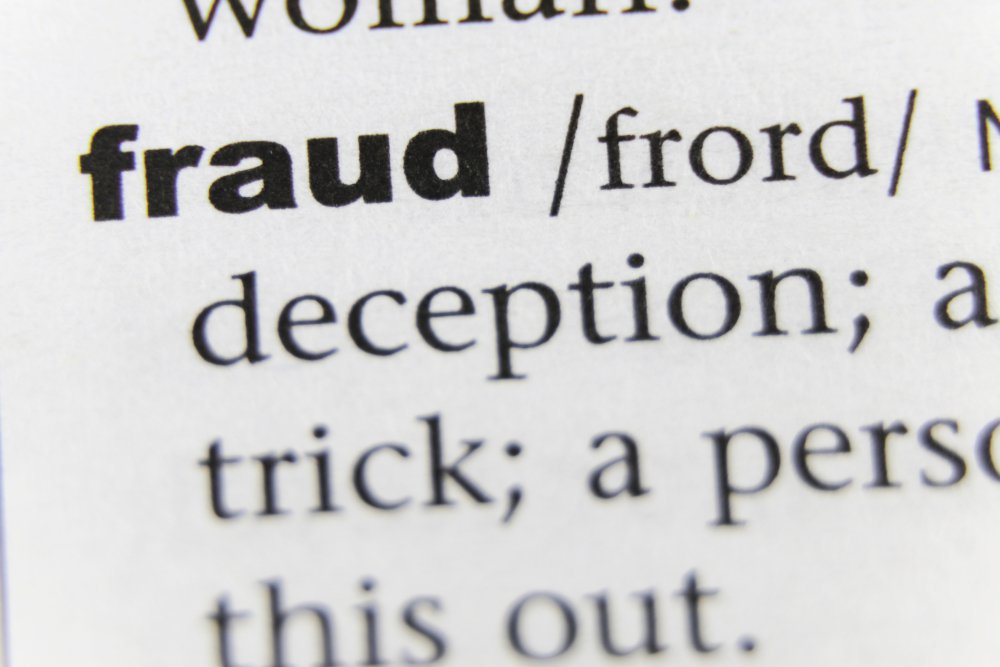In a prior recent blog, we discussed what is covered by a legal malpractice insurance policy. In this blog, we discuss what is often excluded from coverage in a legal malpractice insurance policy. As always, policies differ and we always encourage you to review your own policy if you think you may have a claim. Excluded claims can include:
- Claims involving criminal, intentional, dishonest, fraudulent or malicious acts, errors, or omissions, as well as willful violations of any statute or regulation
- Any bodily injury or property damage (although emotional or mental distress claims can be excepted from this exclusion)
- Prior acts or prior proceedings, meaning claims for acts or proceedings that occurred prior to the effective date of the policy
- Claims under the Employee Retirement Income Security Act (ERISA)
- Claims assumed by the insured arising out of a contractual relationship, unless covered claims would have otherwise existed in the absence of a contractual relationship
- Claims seeking disgorgement of profits and financial advantages to which the insured is not legally entitled
- Claims based upon alleged discrimination (get an EPLI policy if you want coverage for these types of claims)
- Claims arising out of an attorney acting as Notary Public, where the allegation is that the attorney did not personally witness the person notarize the document
- Claims based upon the dispersal or release of pollutants and mold-related claims
- Claims made against an attorney based upon their status as a beneficiary or distributee under a trust or estate
- Claims brought by one insured against another insured
- Claims related to data security or identity breach, where are the attorney intentionally fails to disclose the breach to the victim
- Claims based on wrongful acts arising out of the attorney’s capacity as a public or governmental official, or the attorney’s capacity as an individual working for an entity other than the named insured
Of course, much law had developed around the applicability of these exclusions, when they apply, when they don’t apply, and there are many issues yet to be resolved as to whether these exclusions apply or not. This is merely a snapshot of the types of exclusions attorneys will find in their legal malpractice policies.
If you as an attorney or law firm have any questions believe that you may have a potentially covered claim that is being disputed or experiencing other problems with your legal malpractice insurance company, do not hesitate to give us a call.
Evan S. Schwartz
Founder of Schwartz, Conroy & Hack
833-824-5350
[email protected]


